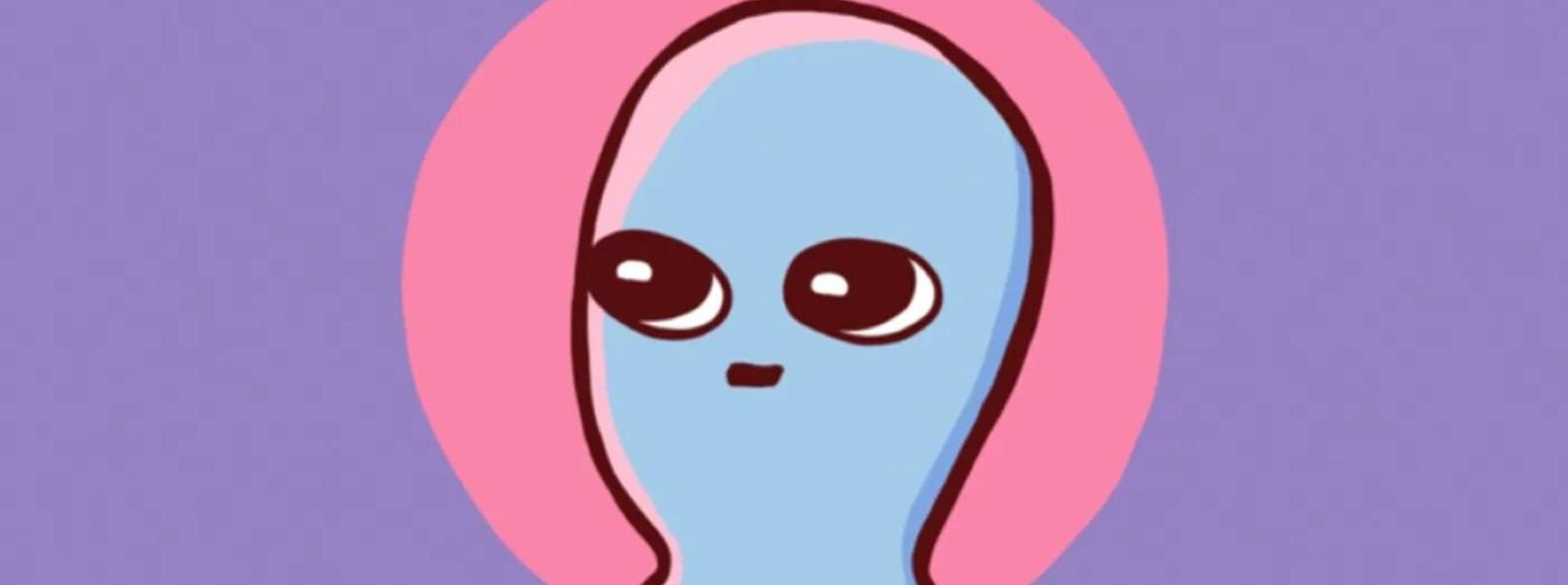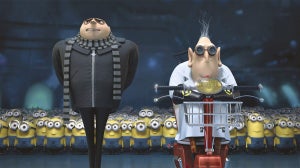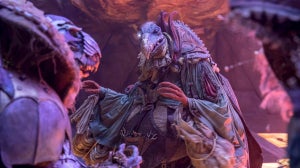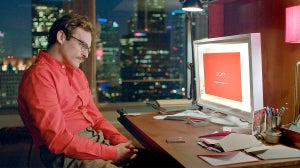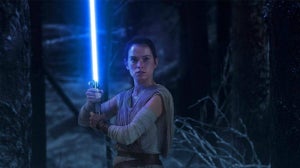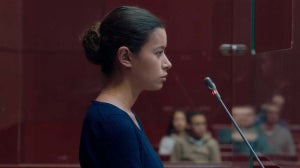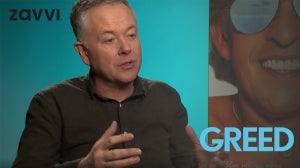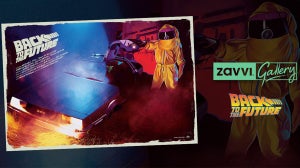
Since debuting on Instagram back in 2019, quickly growing to seven million followers thanks to several viral comic strips, the unique worldview of Strange Planet has remained consistently endearing – its short, humourous observations of day-to-day alien life acting as a frequently funny and poignant take on the human experience. It makes sense that it would make the leap to the screen, but considering its characters are all nameless, genderless creatures, it needed some reinvention to stretch out to episode length.
Speaking to Zavvi, Pyle revealed that he began pitching the comic as a TV series not long after it initially took off online, reaching out to Rick And Morty co-creator Dan Harmon to get the project off the ground.
https://youtu.be/DmTLO-21XSk
He said: “Expanding the world is the right way to describe what we tried to do with this show – I wanted to take what was two dimensional and make it three dimensional, maybe even more dimensions if you count time! Working with Dan was a really important part of that, because there’s a warmth to the way he thinks about entertainment and writes television in general, something which really comes out when you see what he did with something like Community.
“My initial pitch to him was in the first few months of the comic being released, explaining that my idea for the world was a place where conflict can arise out of honesty. It was an idea he and (executive producer) Steve Levy really caught on to; they helped manifest that idea as we developed the world, and it became natural for us to create the series together.”
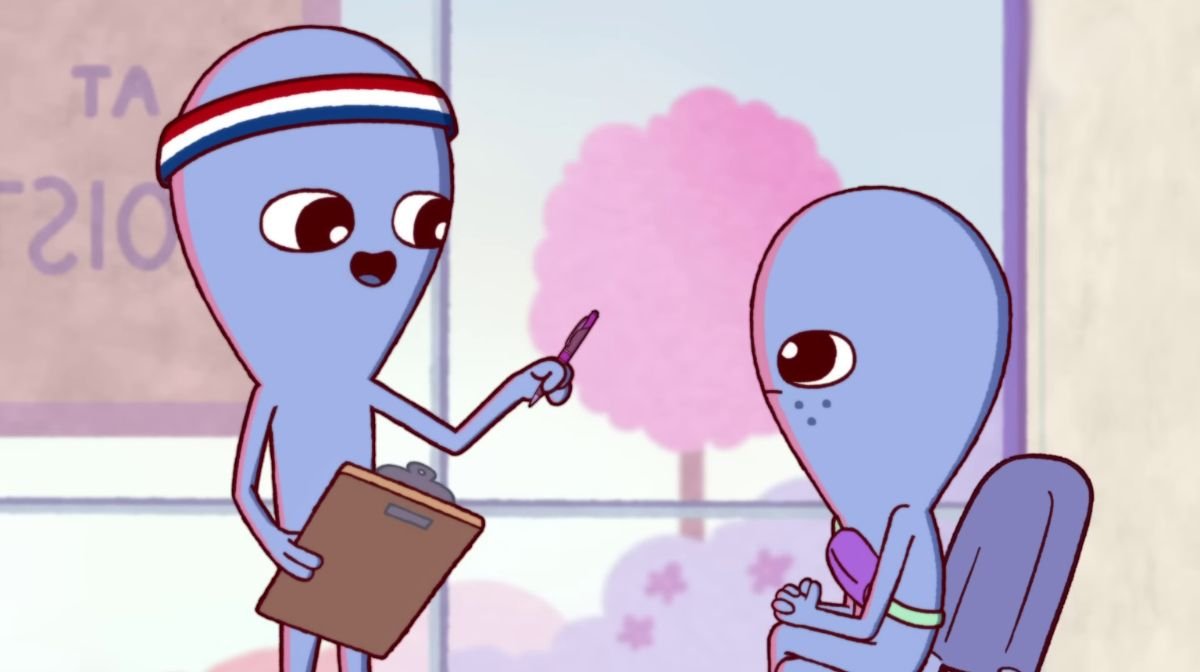
That honesty is integral to the trials and tribulations of the characters in each of the series’ ten stand-alone episodes, which take a sideways look at everyday struggles such as planning a surprise birthday party, or maintaining a healthy relationship with colleagues after getting a senior promotion. The world of the series is far more literal than ours, which Pyle has previously stated makes it a “slightly better” society than the one we live in.
“The aliens are just like us if we went to therapy every single day!” he laughed. “This is a world where there’s a respect for and expertise in understanding other people’s emotions, where they have what they call “maintenance experts” to help them process what they’re going through.
“It’s a big part of what makes their planet warmer than ours, they are interested in understanding their own brains and emotions. At times it reflects directly on earth, but this is still a world to aspire to in terms of how emotionally honest and evolved they are.”
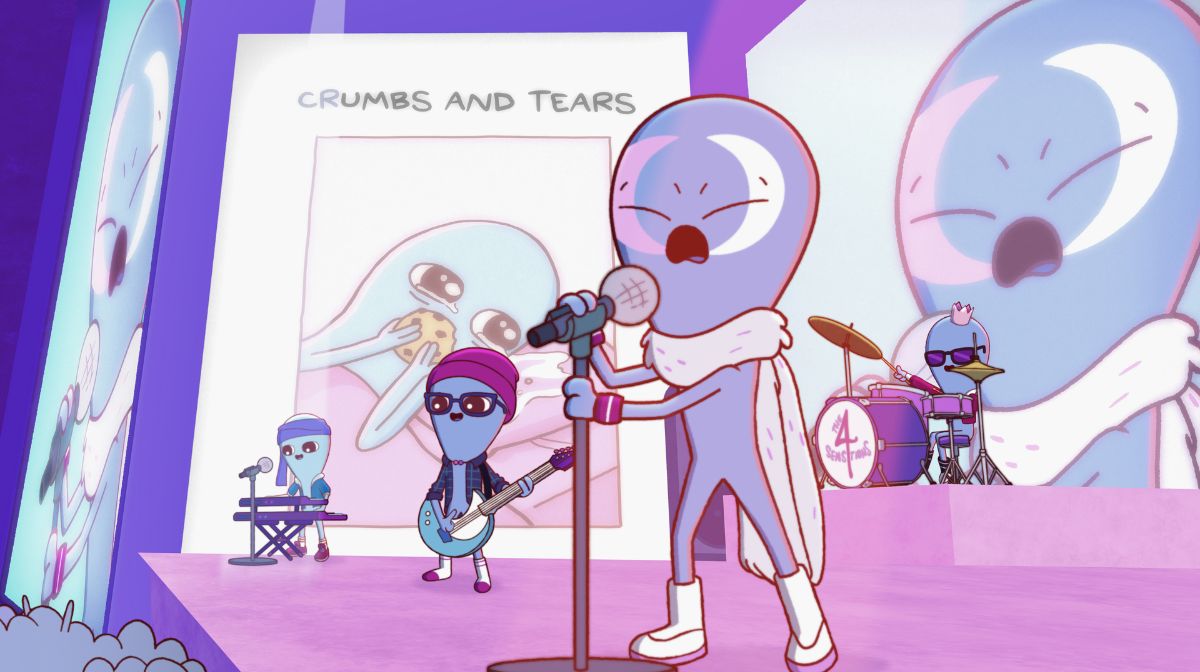
That this writer found something universally human and genuinely moving within the series may come as a surprise considering that, well, none of these characters have stated names – the only named characters are a band in the first episode, and Pyle is quick to highlight we only hear their stage monikers. However, he believes this is key to why it has such emotionally rich material.
He continued: “These beings are growing; they're constantly changing their own perceptions of themselves. And part of what allows them to change and evolve is the fact they have no names, which frees them up to constantly transform and develop, they’re not tied to any specific idea about who they are.
“But it is a challenge when writing a series where none of the characters have names! We had to make sure that visually, it all tracked with the audience – it's credit to our character design experts that they look and act in a way that keeps them unique and distinct, while all looking very similar.
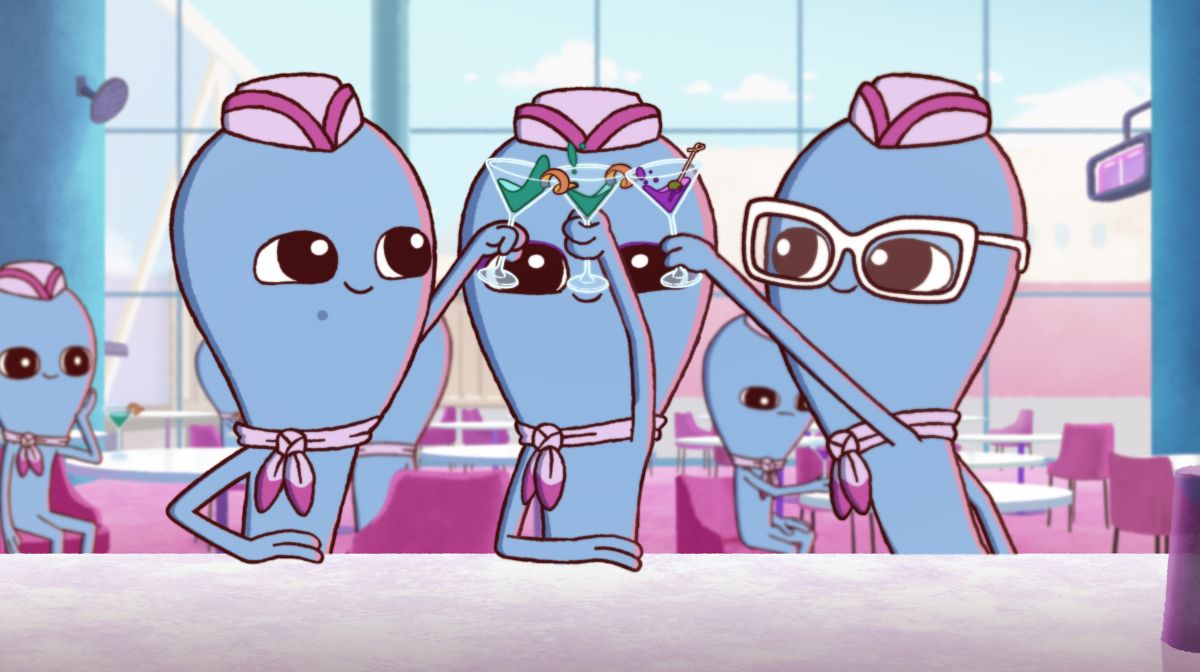
“In addition to that, we wanted these beings to have an emotional range that doesn't just reflect us earthlings but could surpass us in time; they needed to be very expressive.
"I was there in the recording studio just about every day, working with the voice cast was a real treat; when Danny Pudi’s name was announced for the series, a lot of fans said they thought it was a natural fit for his voice, but the process wasn’t just reflecting what was on the page. I learned so much about how we can use our voices to express emotion, even within the show’s constraints.”
The emotion within the show may be surprising considering the literal way these characters relate to their world. Just look at the terms they use to describe everyday items; pillows are “comfort squares”, umbrellas are “sky shields”, and most memorably of all, alcohol is “mild poison”. It’s this final term that has gotten Pyle the most feedback from fans to date.
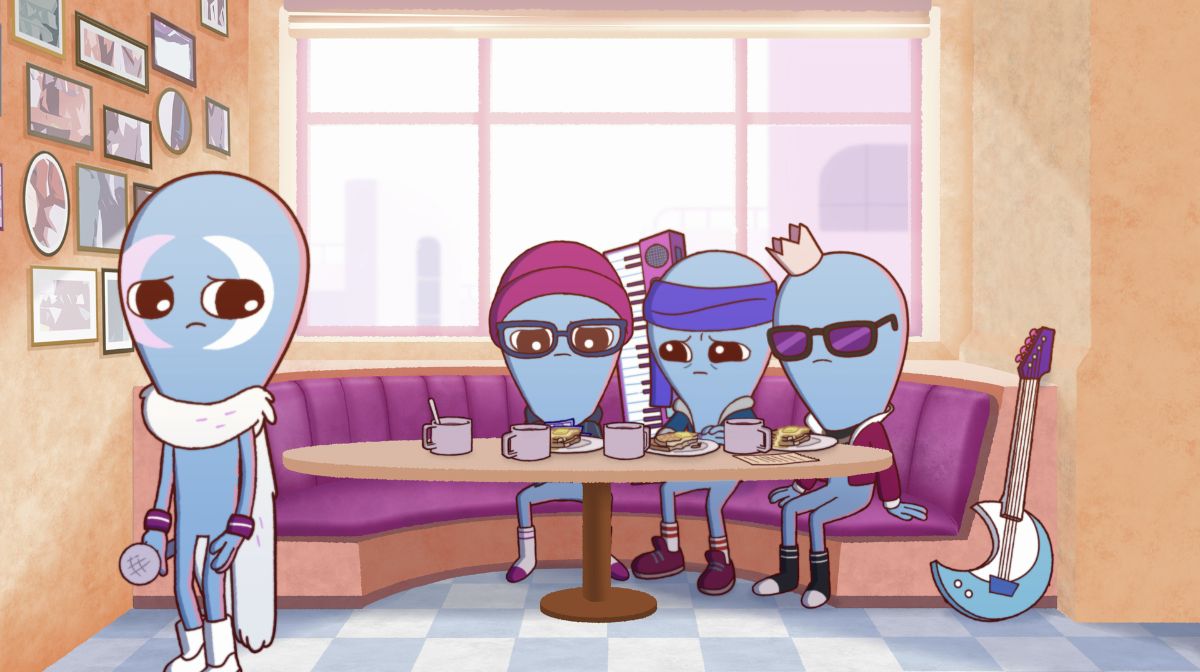
“I’ve gotten a lot of emails about this – people telling me that they’ve stopped drinking just because that’s what the characters call alcohol! I think it’s all a big part of what makes the show unique, there’s honesty in the terms they use that can make us rethink what we’re doing.
“One of my favourite terms is when they’re playing soccer, which they refer to as foot orb, because their world is the orb. It’s like playing with a smaller version of your own world, which is something I’d never connected before; we don’t think of our planet as a ball, so it’s strange to contextualise like this, it made me realise how much we’re obsessed with this shape.”
Pyle is already looking further ahead to the second season. He aimed for the first season to expand his comic book world, and next time, he wants to fly into the stars above it, teasing that “myself and the creators want to do further exploration elsewhere in their world, and see how far they can go.
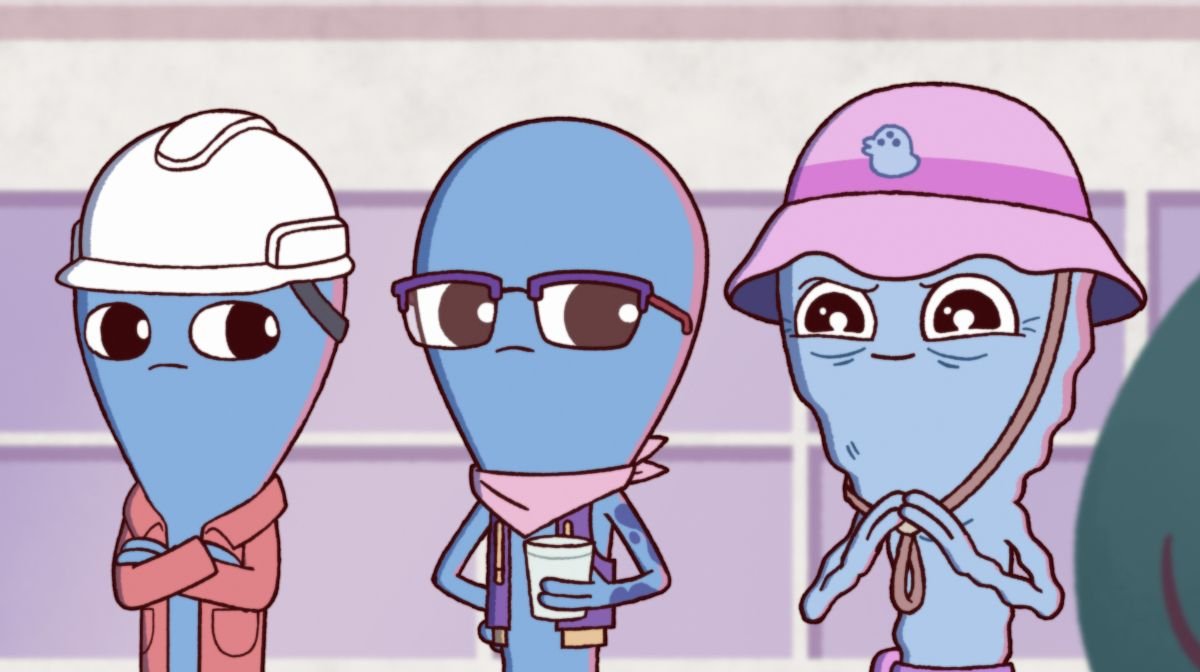
“Will they go to one of their two moons? Will we see elsewhere on their planet? We’ll see, but I’m excited to see what happens.”
Until then, get acclimatised to the Strange Planet via the first season – it may surprise you by how much it changes your perception of the mundane everyday.
Strange Planet premieres globally with the first three episodes on Wednesday, 9th August, followed by new episodes weekly every Wednesday, exclusively on Apple TV+.For all things pop culture, follow us on Facebook, Instagram, Twitter and TikTok.

